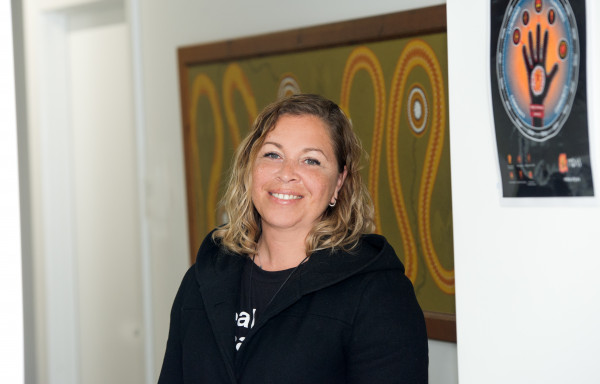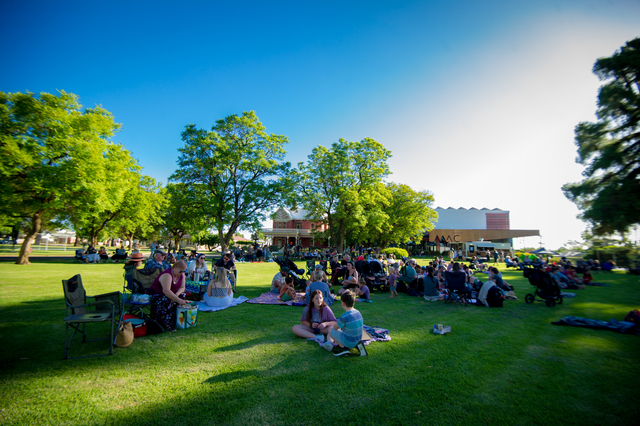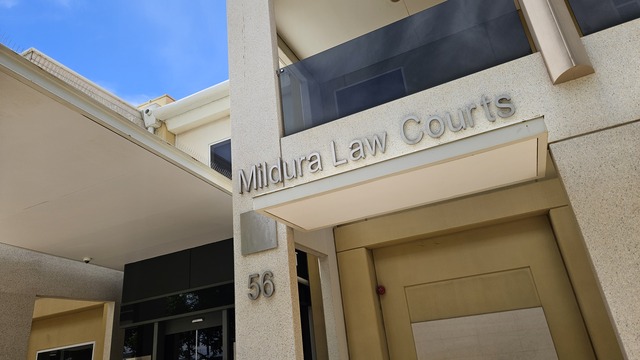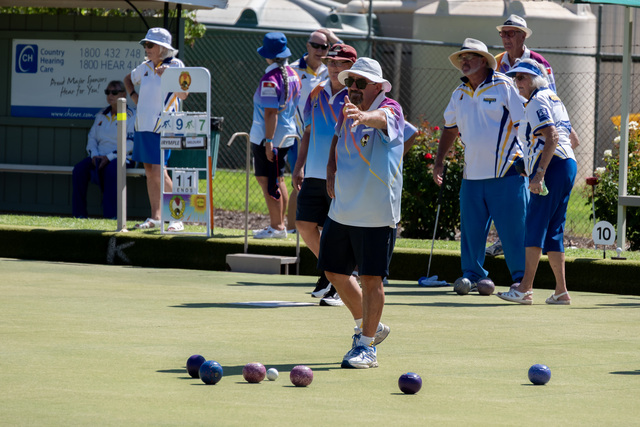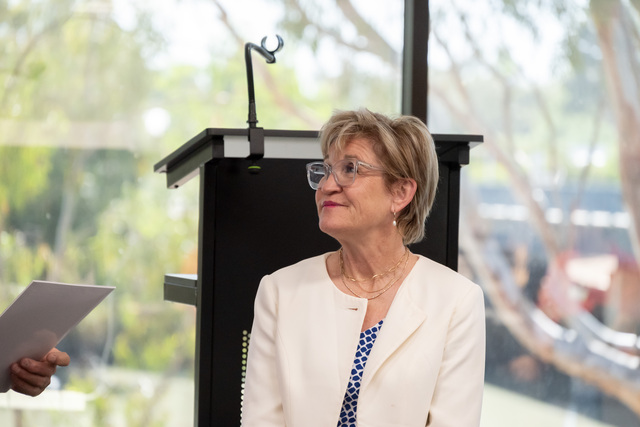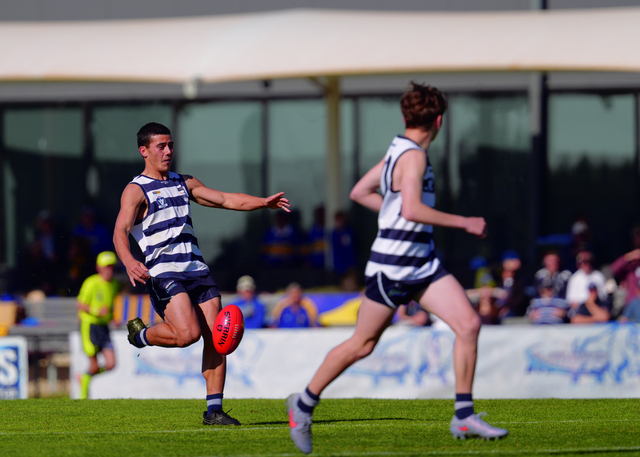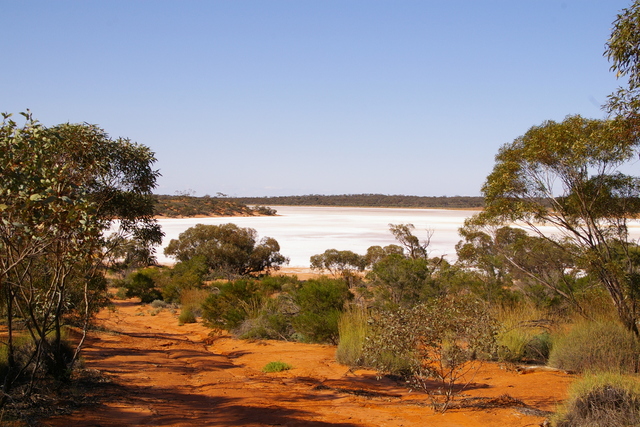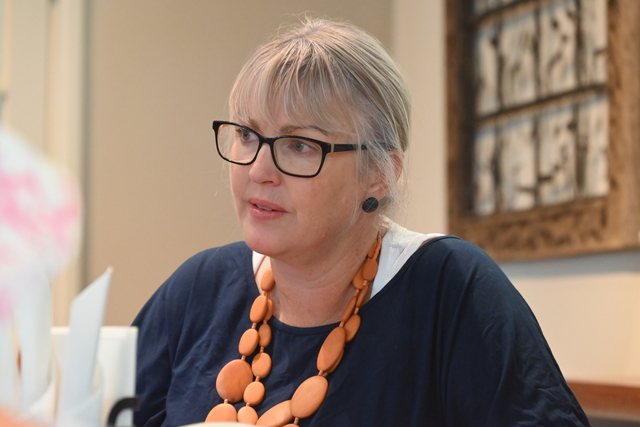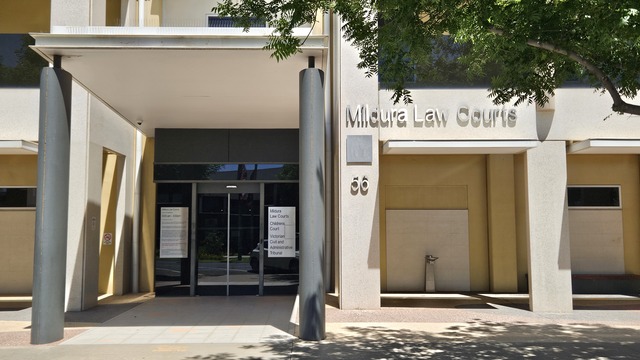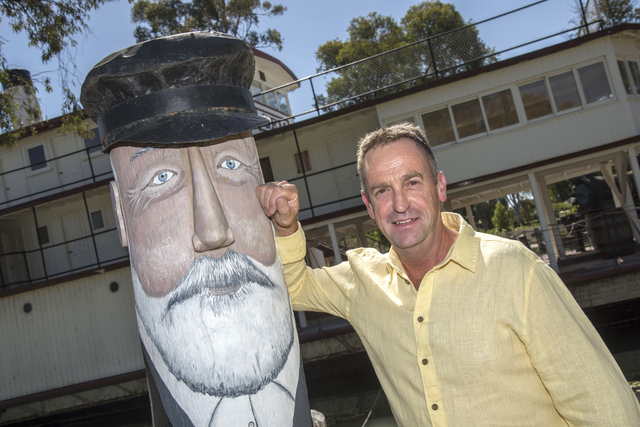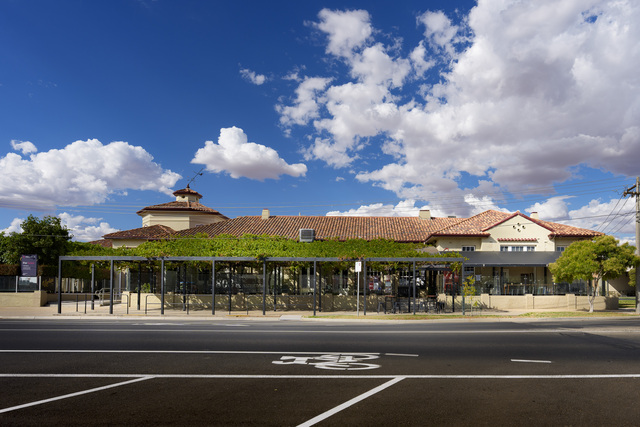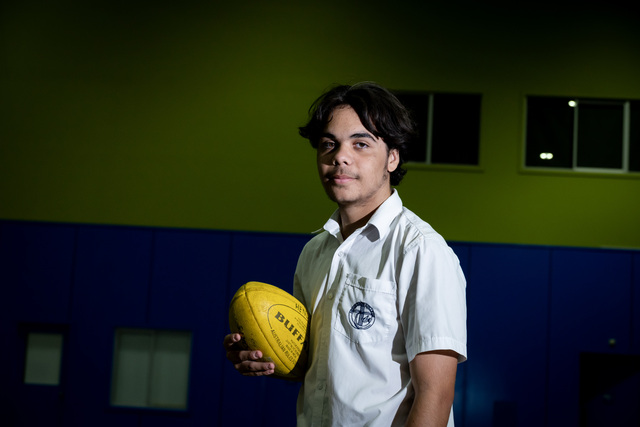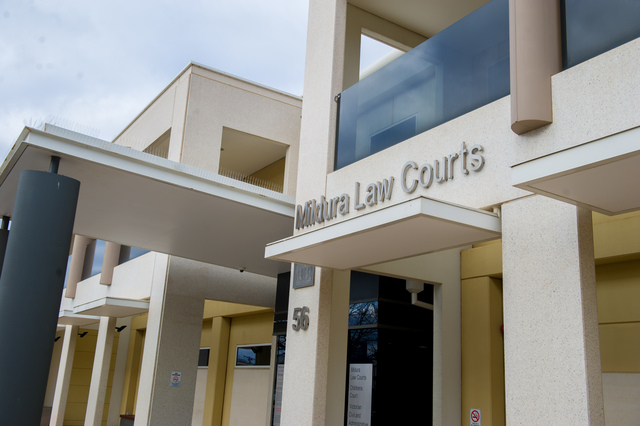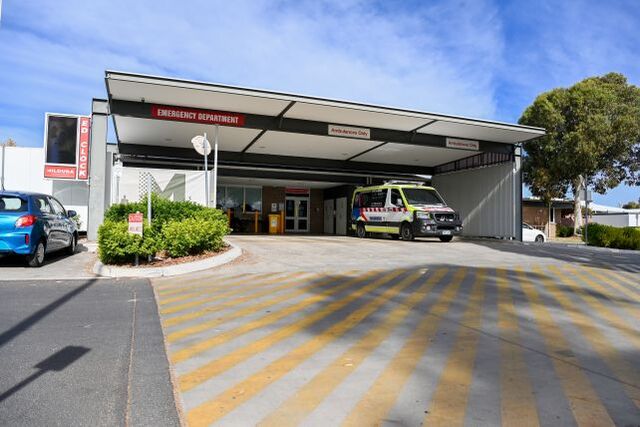MALLEE District Aboriginal Services is encouraging education, information and informed voting leading up to the Indigenous Voice to Parliament referendum.
Prime Minister Anthony Albanese revealed the wording of the referendum question during a press conference at Parliament House last week.
MDAS chief executive Darlene Thomas said the organisation would not campaign for either the ‘yes’ or ‘no’ vote, but supported the premise of self-determination, encouraging its community members to exercise their right to have their say in the referendum.
“MDAS is not in the position of telling people what they should and shouldn’t believe,” Ms Thomas told The Guardian. “We accept that the voice is a complex issue for many people and that an approach that may be satisfactory for some will not be for others.”
The wording revealed by Mr Albanese was: “A proposed law to alter the Constitution to recognise the First Peoples of Australia by establishing an Aboriginal and Torres Strait Islander Voice. Do you approve this proposed alteration?”
As an organisation, MDAS believes that details shared about the voice have been thin, leaving it open to distortion.
“Going forward, information needs to be fact-checked and shared in plain language across a range across a range of platforms – not all people are on Facebook or read newspapers and we don’t all have an academic understanding of constitutional reform and political representation,” Ms Thomas said.
“Our community simply wants to know what the voice is and how it will positively benefit them. It is our view that this is yet to be clearly articulated.”
Ms Thomas said it would be a mistake to assume that all Aboriginal and Torres Strait Islander people understood and supported the voice.
“We’re not homogenous, we come with different experiences and values and that leads to a diversity of ideas and levels of understanding,” Ms Thomas said.
“Rather than debating the various merits of the yes and no campaigns, or demonising those with an opposing view, the government should develop transparent information that speaks directly to the expected outcomes of a voice to parliament in real terms.
“The greatest obstacle to the referendum is confusion.”
Ms Thomas said informed consent was needed to be able to truly exercise self-determination.
“We want to see the detail a bit more than that, we want it provided to our community in a way they can understand,” she said.

